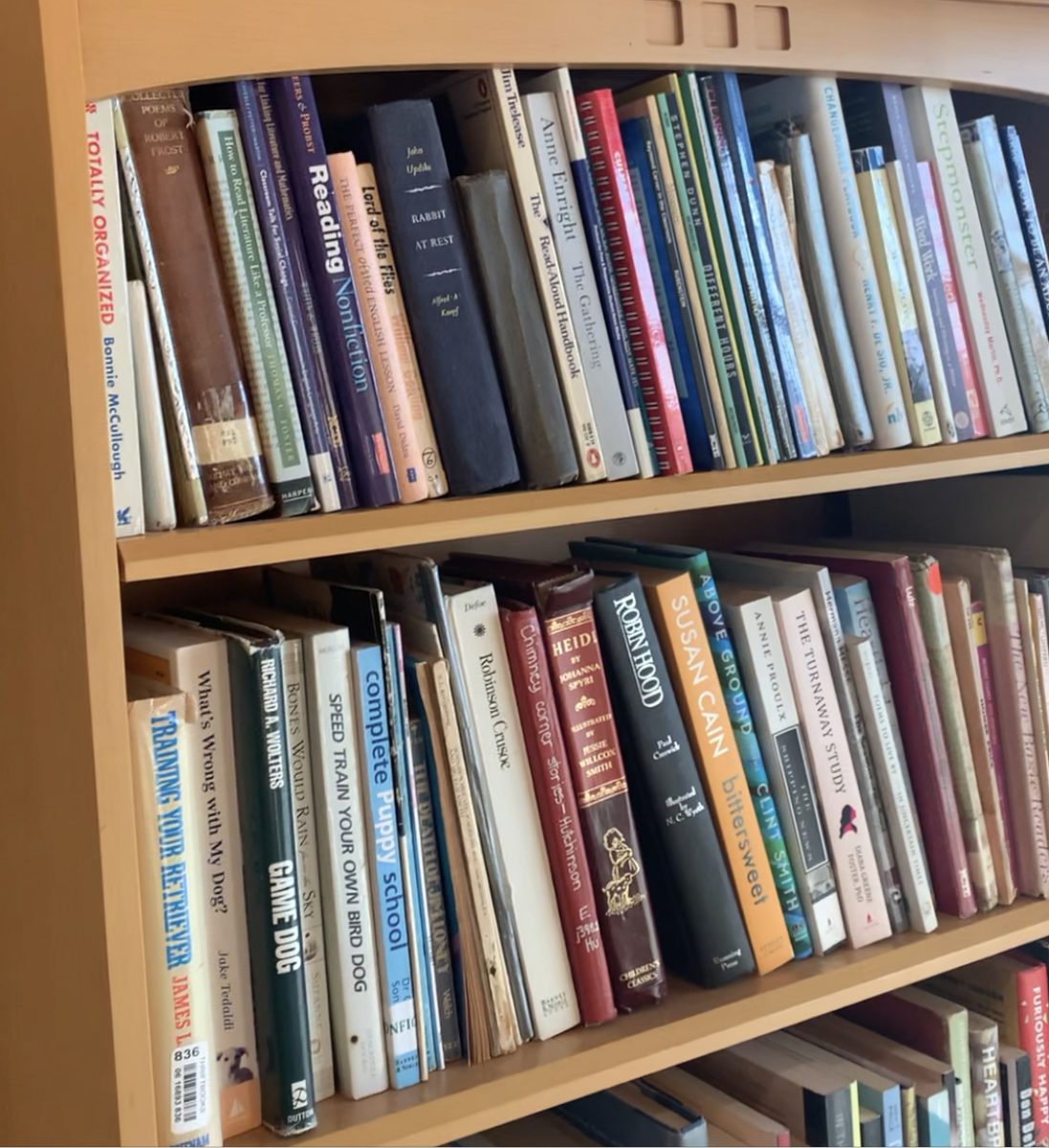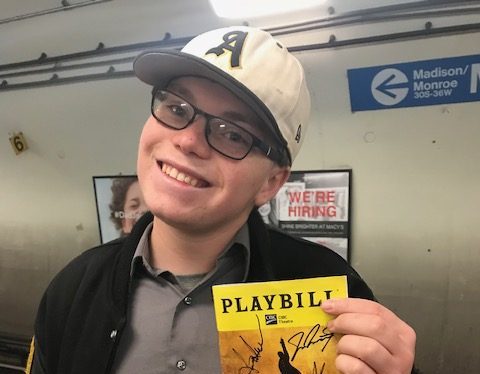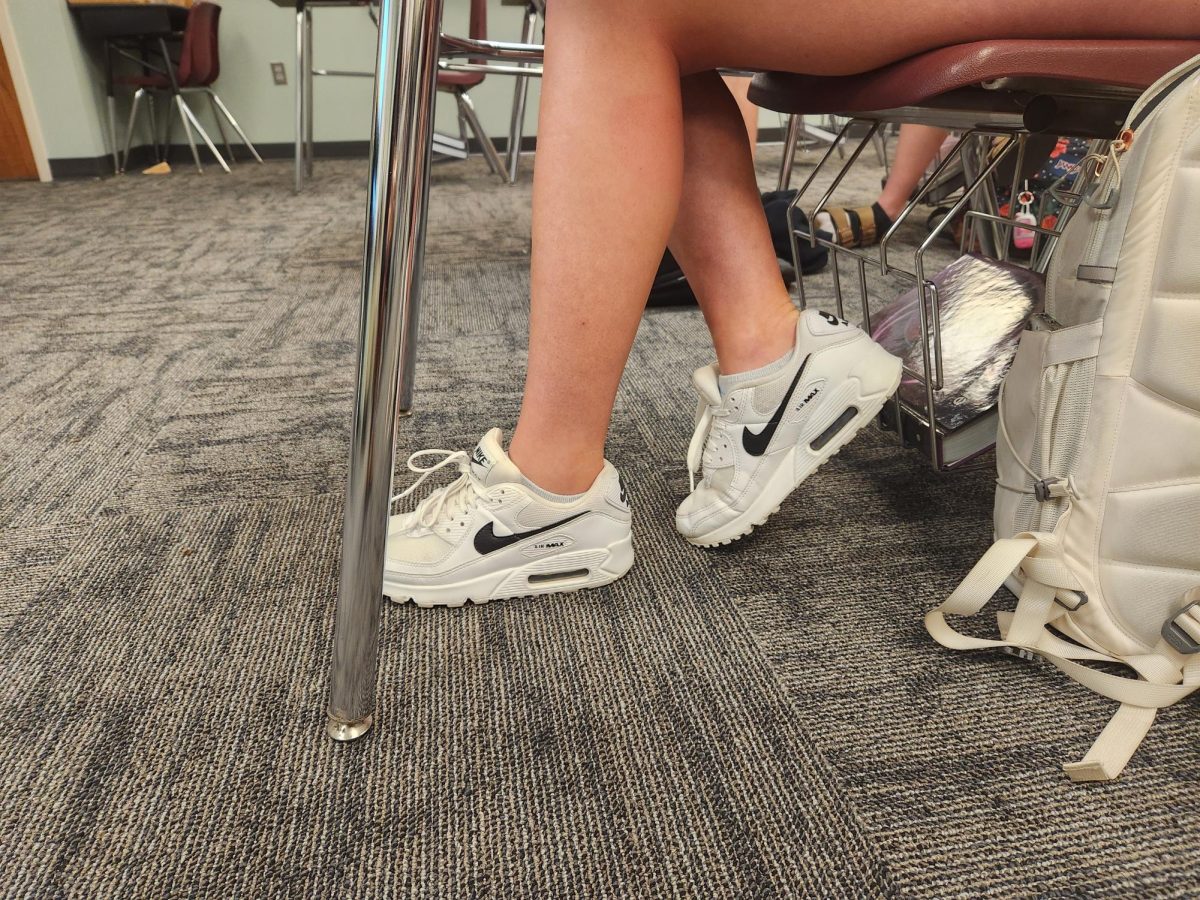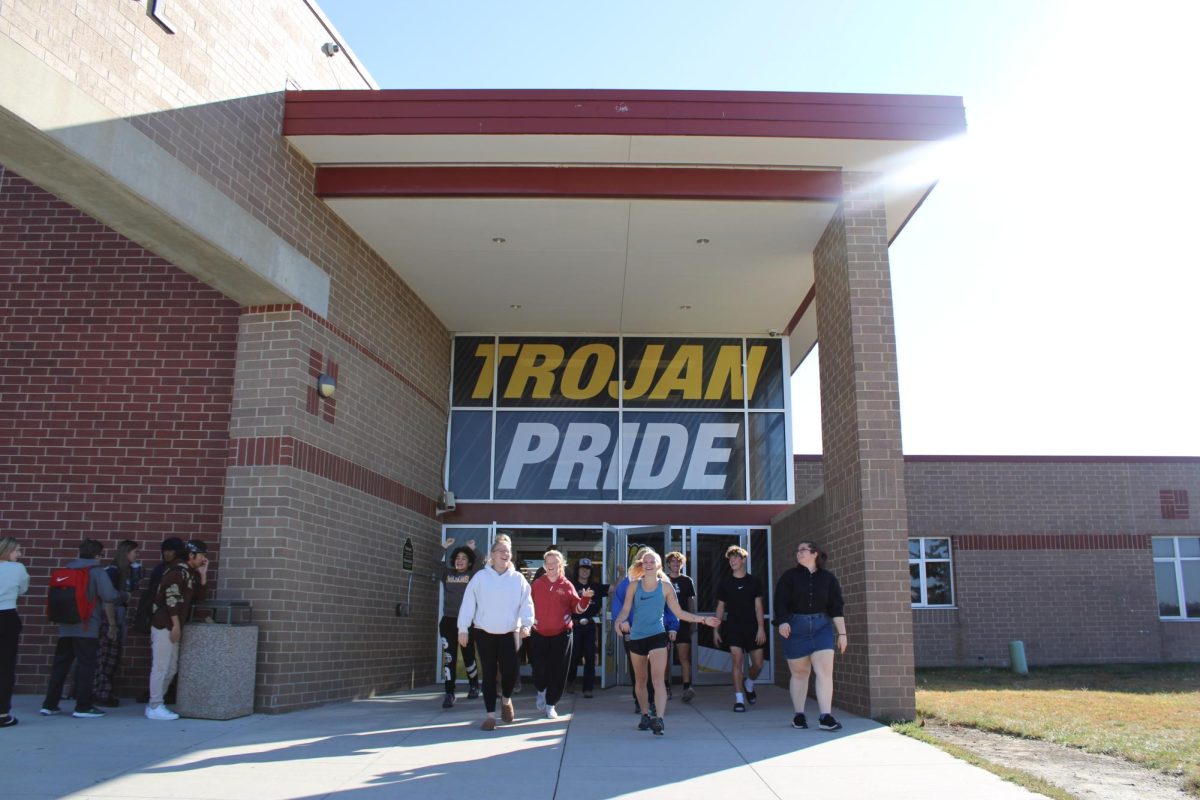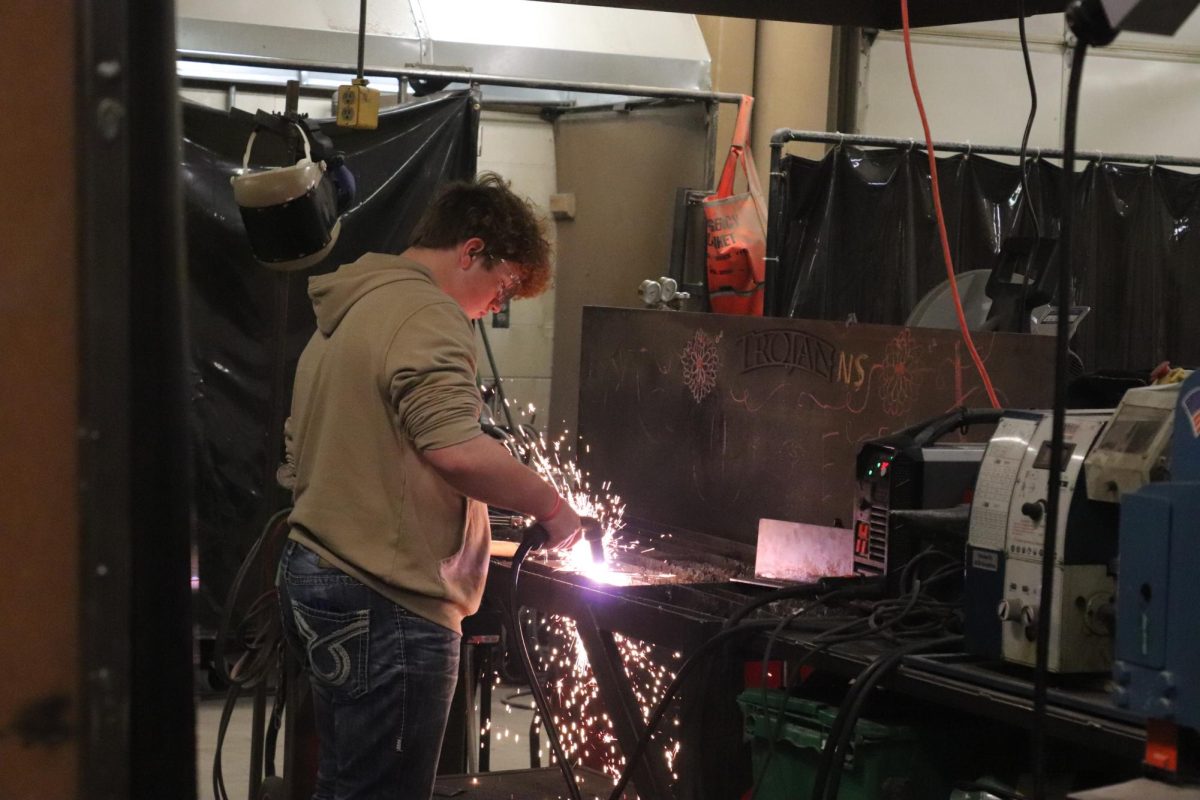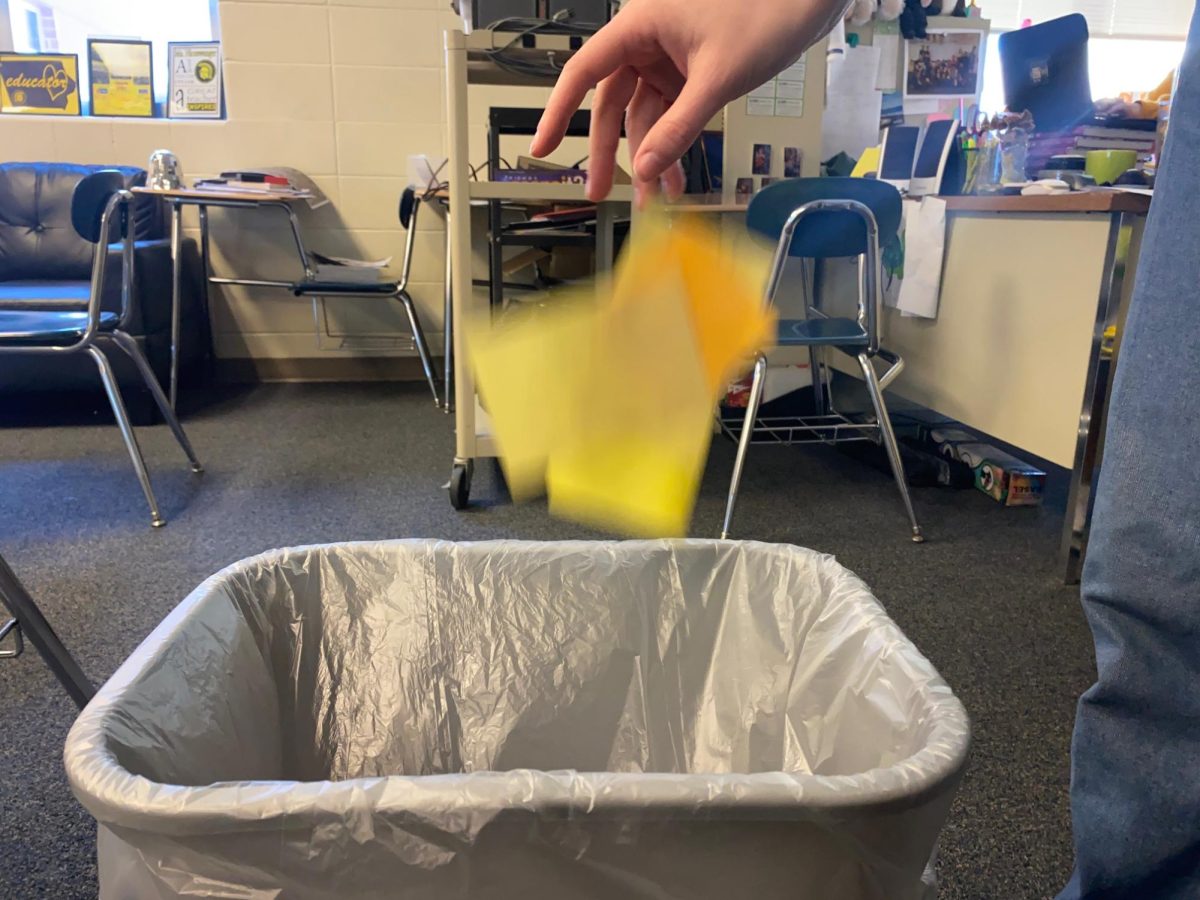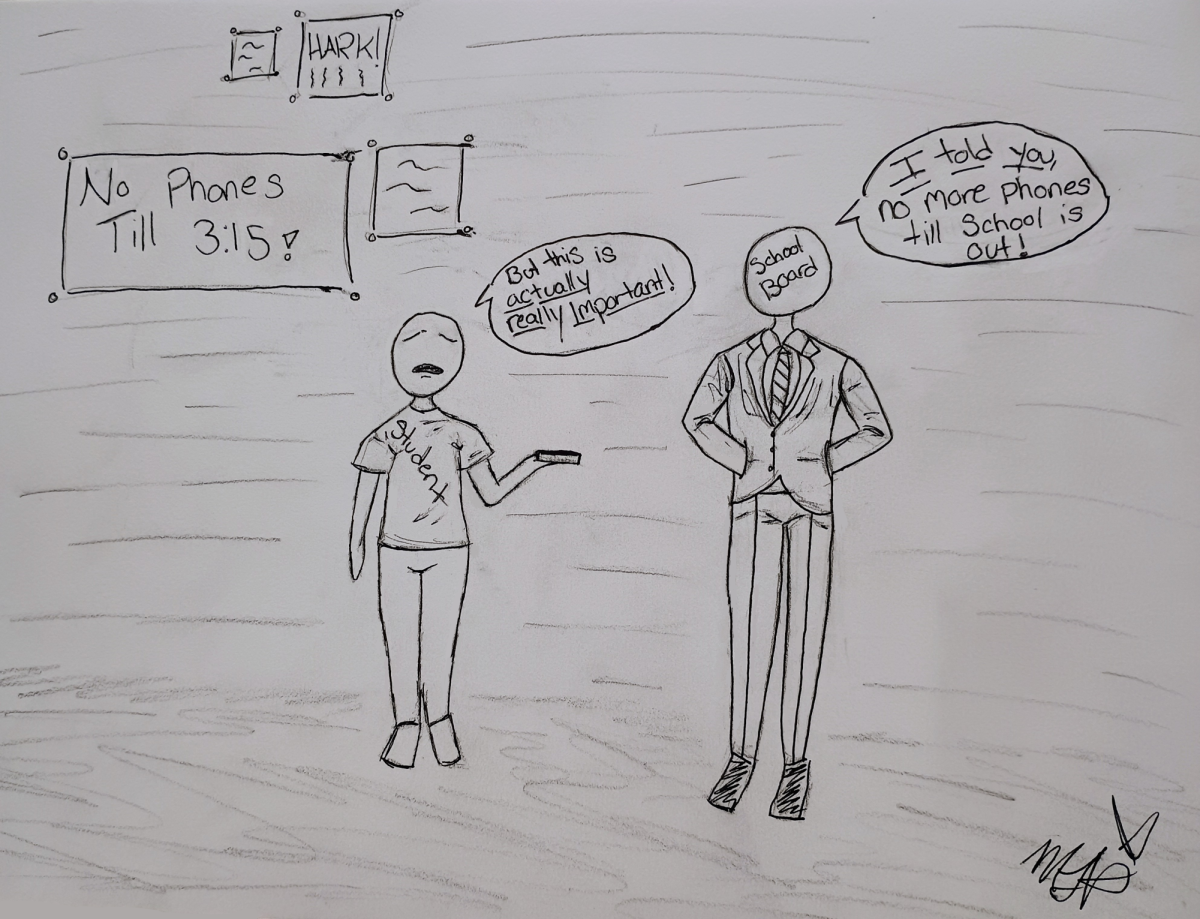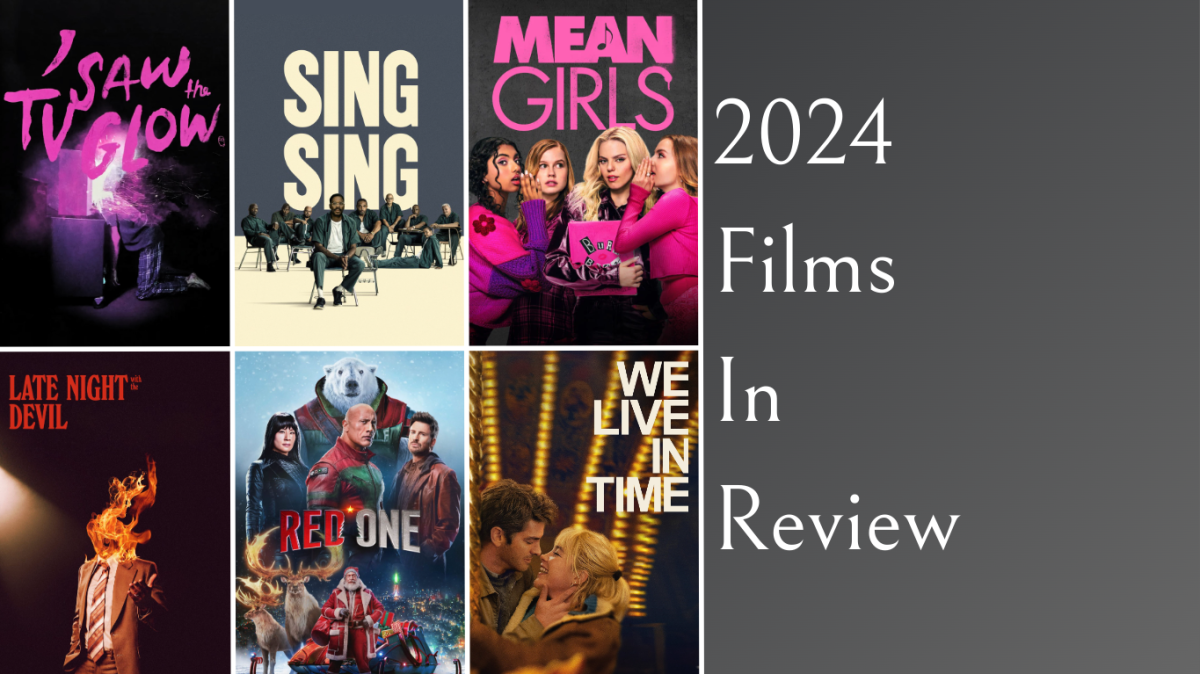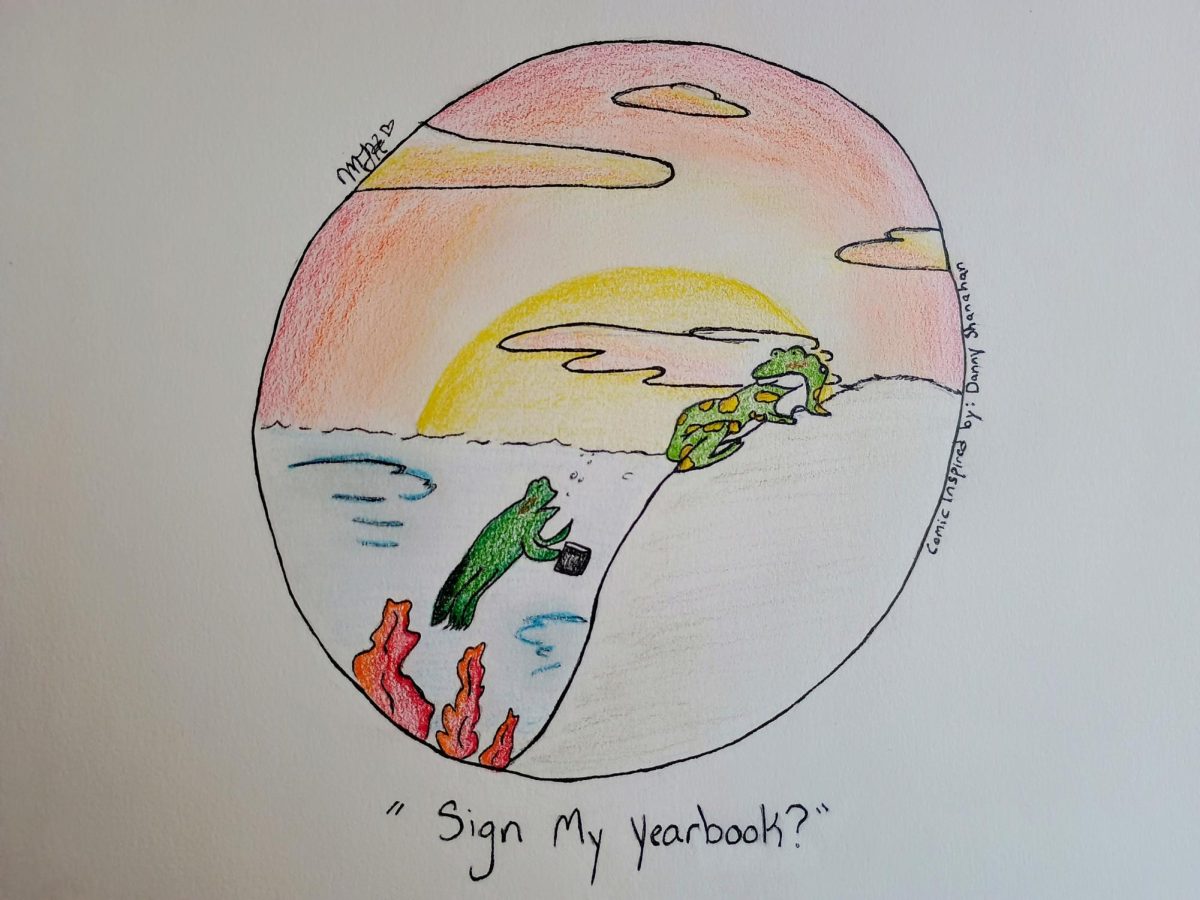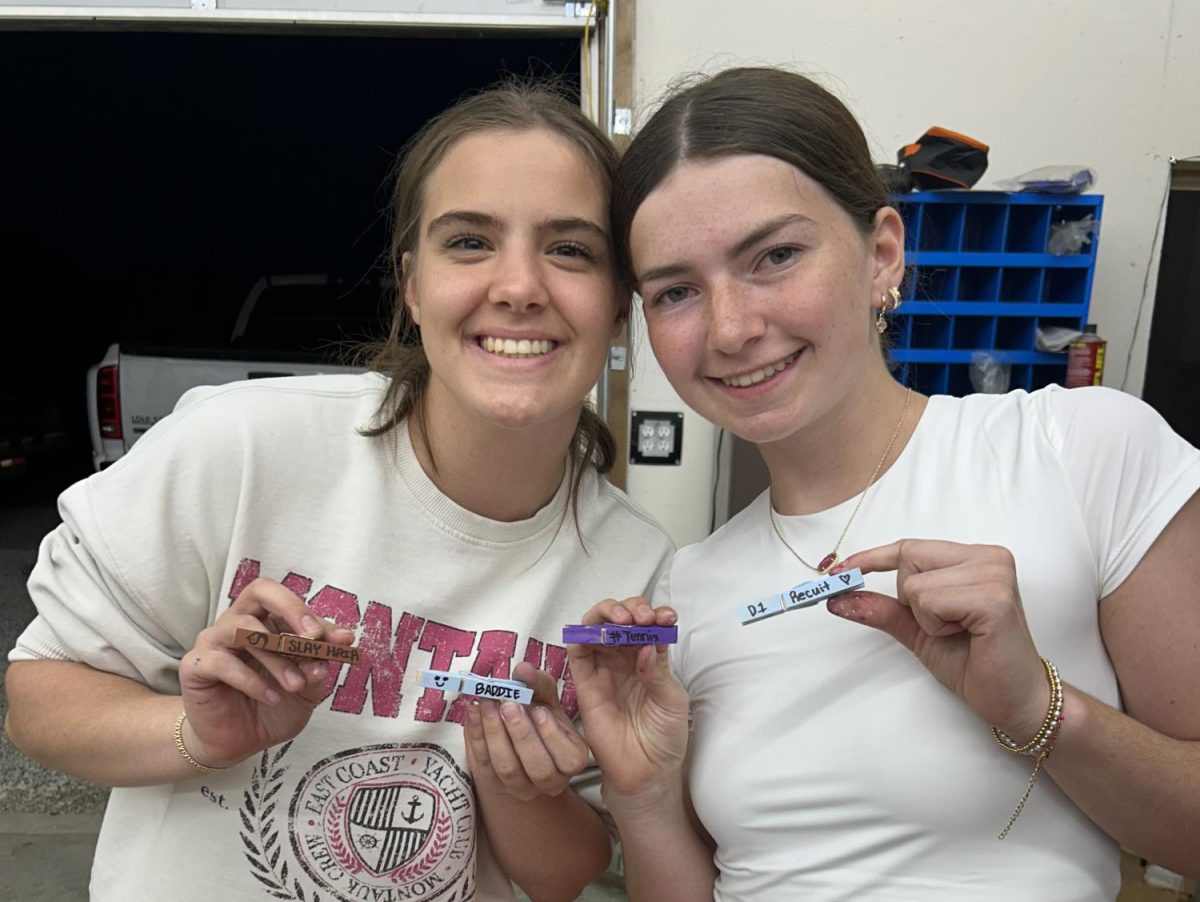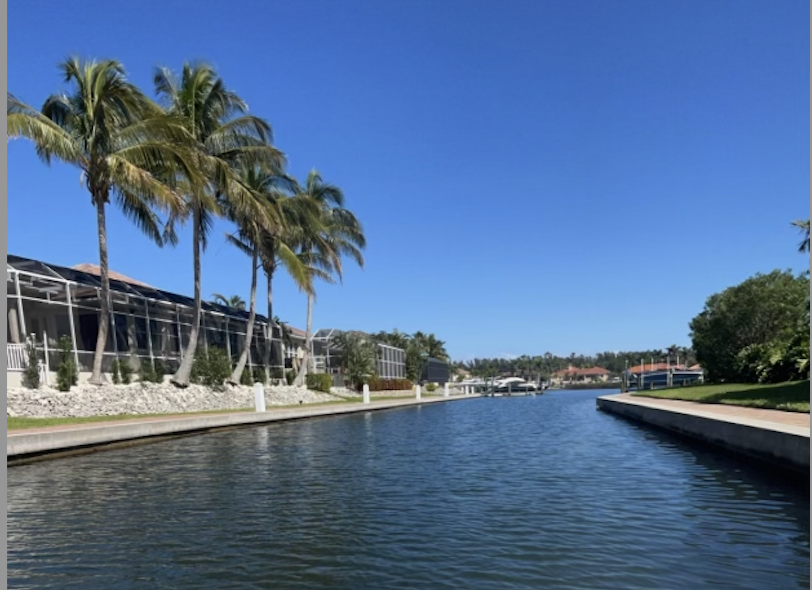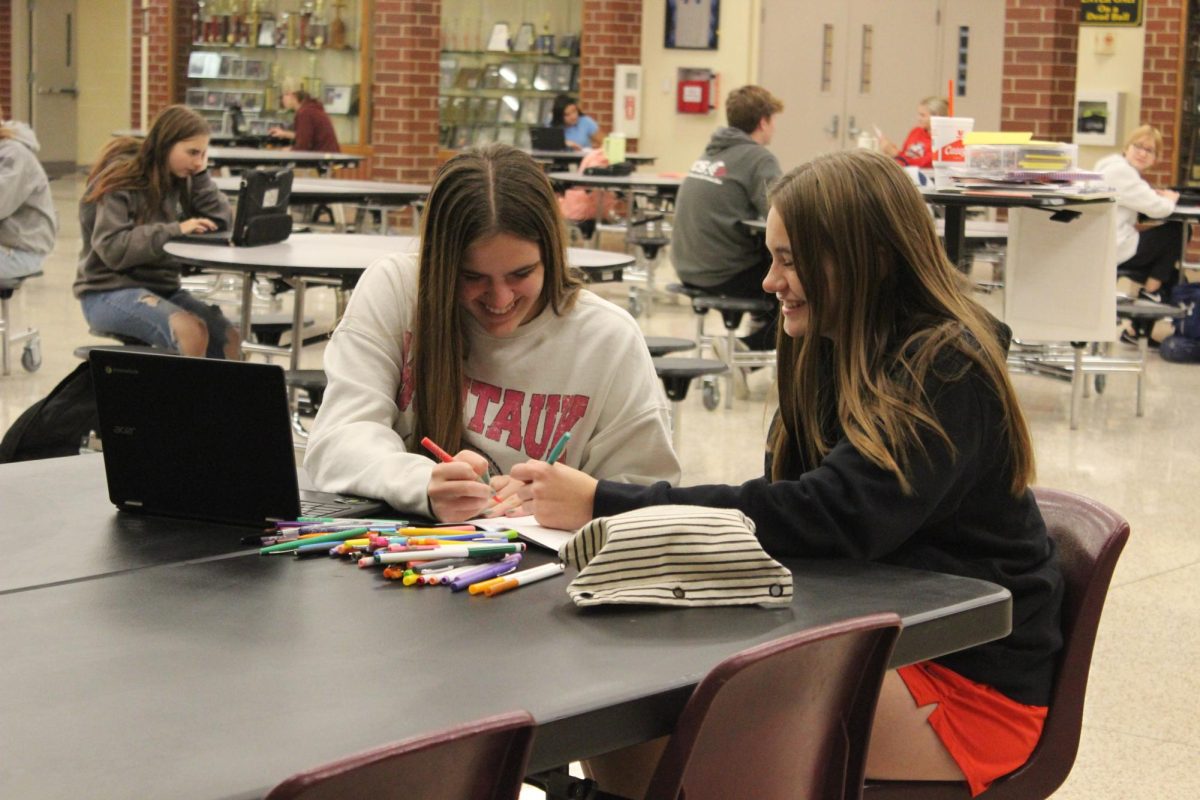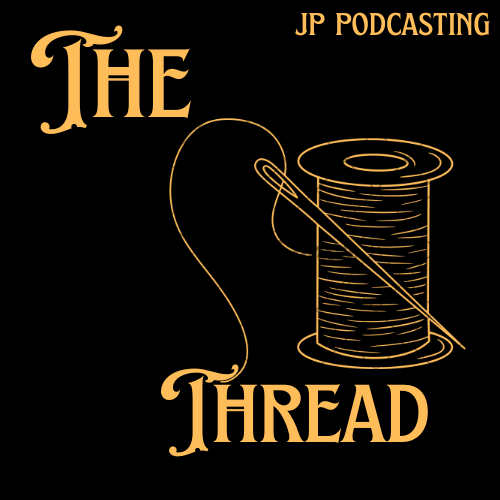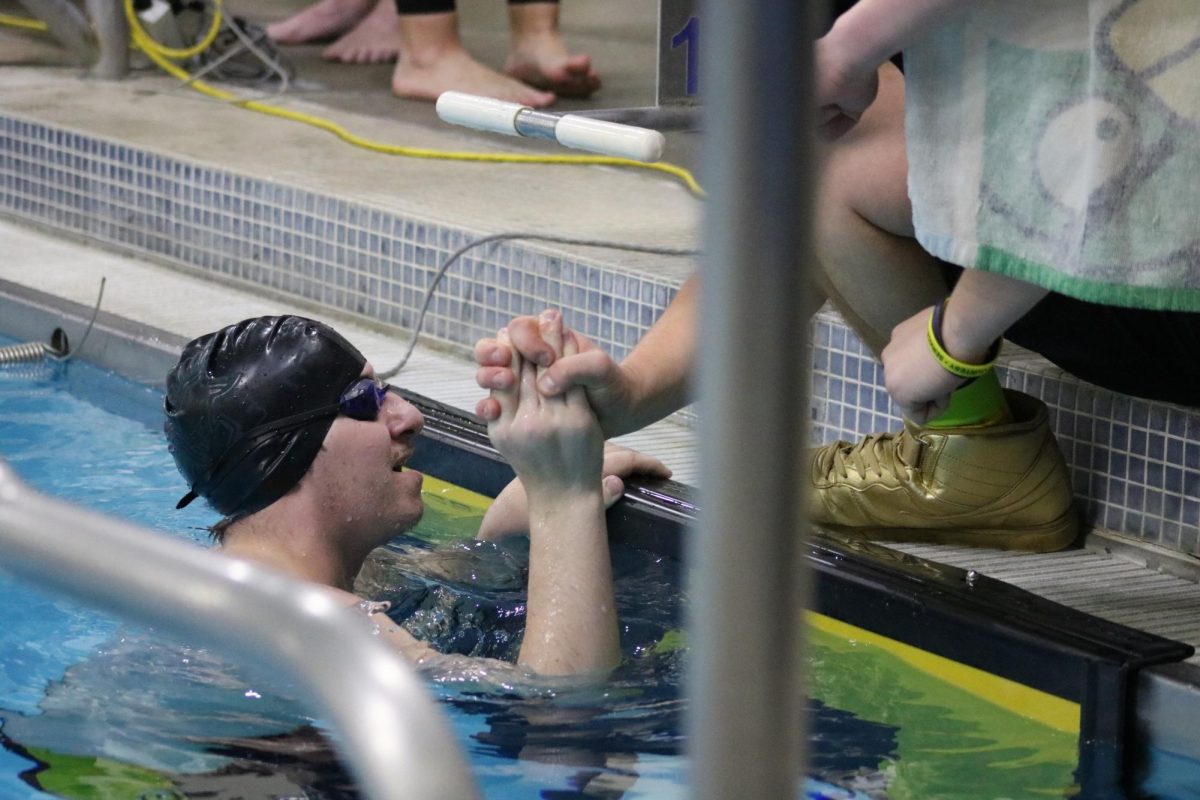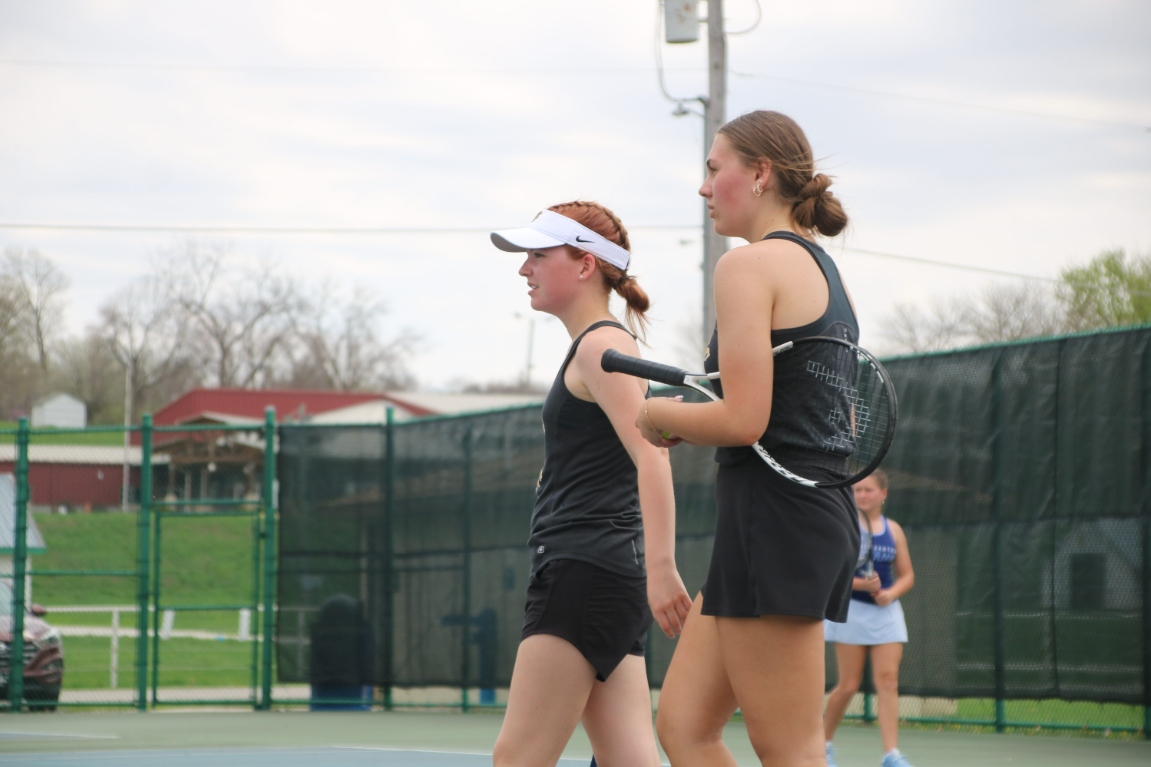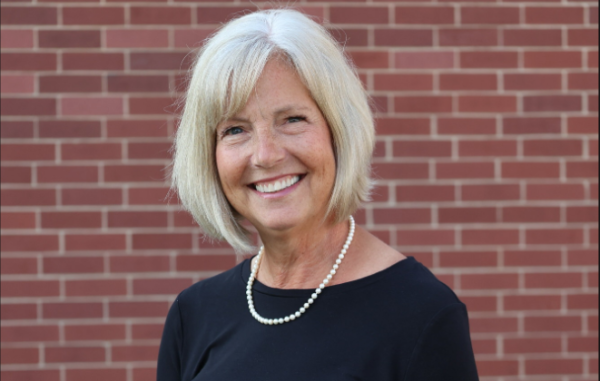The library. A place of knowledge and gathering. Except, every time I walk into the libraries of our community, there isn’t much gathering. I see fewer people my age who are actually interested in reading. In fact, while in the high school’s library this week, I overheard somebody say, “Why do we even have a library? Half of our students are illiterate.” (I do not agree with that statement, to be clear. There’s no way half of the lovely students who read these stories are illiterate because they wouldn’t exactly be reading.)
The issue spreads further than our community and is felt across the nation. So who’s to blame for this decline of interest? Technology, people’s diminishing attention spans, or something greater? There are a lot of theories that try to solve this perceived problem, and they all loop back to library buildings.
Over the past several centuries, the evolution of technology has had several impacts on our consumption of information. The printing press brought books to more ordinary people’s shelves just as radio and television broadcasts brought the same entertainment and news into those people’s homes. With the Internet, new pathways opened up for people to expand their knowledge.
In more recent years, however, it seemed that library buildings were challenged by the existence of e-books and audiobooks. That and the rising popularity of video-based social networking like TikTok and YouTube have created new platforms for entertainment and news. Knowing in-depth details about one topic is no longer a task that takes years, but a task that can be done with a few clicks.
How can technology be seen in libraries themselves? Not only do librarians have access to systems that make checking library catalogs much easier and quicker, but every library-goer can use different tech services. Computers, free Wi-Fi, and different electronic games are made available, making these libraries a key to digital equality. Students who don’t have Internet access at home can go to the local library instead of having to rely on spotty restaurant Wi-Fi. Also, established digital features like text-to-speech and zoomed-in text size increase accessibility for everyone. However, technology has proved to be a double-edged sword for libraries. The alternative methods of consuming information have grown to overshadow the buildings that have been here for centuries.
When comparing data gathered by the Institute of Museum and Library Services over a 10-year period, there’s a clear decline in library attendance. According to data from several surveys by the institute, in 2009, Americans visited a library 5.4 times per year on average. Attendance dropped to 3.9 visits per year in 2019, resulting in a 28 percent decline.
The fact is that even though libraries are seeing a decline in attendance, we cannot allow libraries to decline into obsoletion, because we all need libraries. To allow for this is to widen the gap in digital and educational equality. We lose meeting spots for important community events, access to services otherwise not available, and important pillars of our community. Digital libraries and social media truly can’t replace the spots filled by libraries.
So the next time you pass by a library and question its importance, just remember the impact that its existence has on you, your community, and everyone who has ever had access to a library. You might even want to support your libraries and plan a friendly meeting there, or attend a community event instead. And who knows? You might enjoy it.

